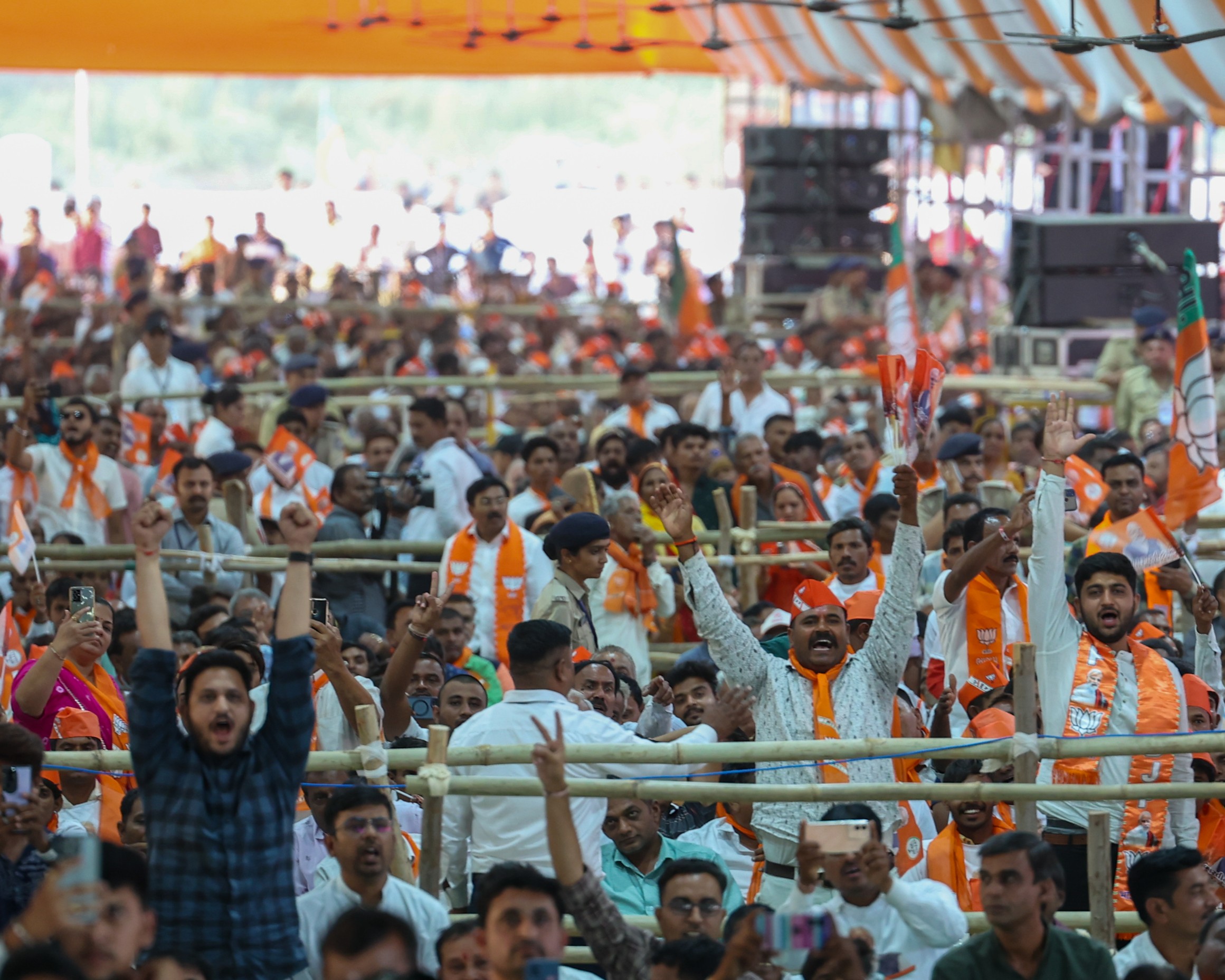
As the world watches, India stands at a critical juncture in its democratic journey. With the upcoming 2024 general elections looming large, the stakes couldn’t be higher. The choice Indians make will not only shape the destiny of their nation but reverberate across the globe. It’s imperative to recognize the gravity of the situation: this might be India’s last chance to pull itself back from the brink of autocracy and safeguard the essence of its democracy.
For over a decade now, the ruling Bharatiya Janata Party (BJP) has been steering India towards a perilous path, characterized by the systematic erosion of democratic norms and the stifling of dissent. Under Prime Minister Narendra Modi’s leadership, there’s been a concerted effort to prioritize Hindu nationalism over India’s secular character, marginalizing religious minorities and silencing voices of opposition. The BJP’s agenda threatens the very foundation of India’s diverse democracy, posing a grave danger to the rights and freedoms enshrined in its constitution.
The erosion of democratic norms under Modi’s government is not just a concern confined within India’s borders; it sends ripples across the global democratic landscape. India’s downgrade to a ‘hybrid regime’ serves as a stark warning for the future of democracy worldwide. The concentration of power, the crackdown on political opponents, and the manipulation of bureaucratic and judicial institutions undermine the very essence of democracy, setting a dangerous precedent for aspiring autocrats elsewhere.
In contrast to the BJP’s divisive rhetoric, the Congress party presents a vision for inclusive governance that addresses the pressing issues of unemployment, rural distress, and religious polarization. While no party is without flaws, Congress’s commitment to democratic principles stands in stark contrast to the BJP’s authoritarian tendencies. The recent freezing of Congress’s bank accounts by the BJP government in a tax case highlights the lengths to which those in power are willing to go to stifle dissent and manipulate the electoral playing field.
In the face of growing authoritarianism and democratic backsliding, the international community must stand in solidarity with those fighting to uphold democracy in India. Diplomatic pressure, economic sanctions, and vocal advocacy can all play a role in holding the BJP government accountable for its assault on democratic principles. The fate of Indian democracy is intertwined with the fate of democracy everywhere; its survival is non-negotiable in an increasingly interconnected world.
As Indians prepare to cast their votes in the upcoming elections, they carry the weight of history on their shoulders. The choices they make will shape the destiny of their nation and resonate far beyond its borders. It’s a moment of reckoning, a test of India’s commitment to the ideals of liberty, equality, and fraternity. Let us hope that Indians choose wisely, not just for themselves but for the future of democracy everywhere. The world is watching, and the stakes couldn’t be higher.
One of the most concerning trends in India’s democratic regression is the systematic targeting of dissenting voices. From activists to journalists to academics, those who dare to speak truth to power often find themselves facing harassment, intimidation, or even imprisonment. This chilling effect not only stifles freedom of expression but also undermines the very foundations of democracy. A vibrant democracy thrives on diversity of opinion and robust debate, not on the suppression of dissent.
Moreover, the assault on democratic institutions such as the judiciary and the media further undermines the checks and balances essential for a functioning democracy. An independent judiciary and a free press are the cornerstones of democracy, tasked with upholding the rule of law and holding the government accountable. When these institutions come under attack, the very fabric of democracy starts to unravel.
It’s not just about the survival of democracy in India; it’s about the survival of democratic values worldwide. In an increasingly interconnected world, the erosion of democracy in one country can have far-reaching consequences for others. Authoritarian regimes often embolden each other, drawing inspiration from the tactics employed to consolidate power and suppress dissent. Thus, the fight for democracy in India is also a fight for democracy everywhere.
In conclusion, the upcoming 2024 general elections in India represent a watershed moment in the country’s democratic journey. The choices made by Indian voters will not only determine the future of their nation but will also have profound implications for the global democratic landscape. It’s a moment of reckoning, a test of India’s commitment to the ideals of democracy, pluralism, and human rights. Let us hope that Indians choose wisely, and that together, we can work towards a world where democracy thrives and tyranny has no place.
